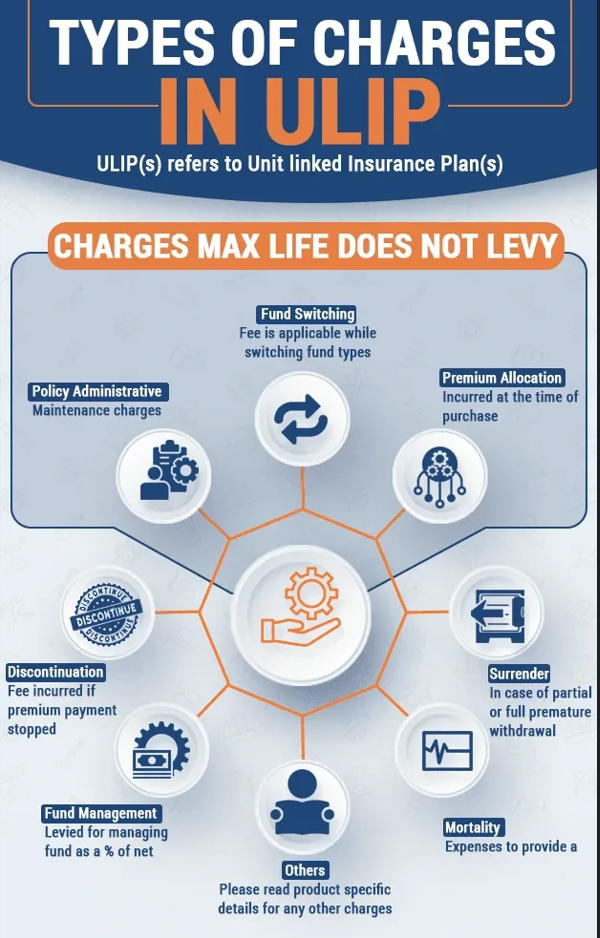The Indian land
acquisition, rehabilitation and resettlement Bill, 2011 was introduced in
Parliament in September last year (2011) to replace the 117 year old (Land
acquisition Act.Land Acquisition Act of 1894).
The central
government will move the land bill for the consideration of Parliament the
coming winter session after deciding the cut off date from when the provision
of the new law will come into force. The cut of date may be November 21, 2012.. !
* Two-thirds of “land
losers” (from whom land will be purchased) for acquiring land for
public private-partnership and private projects. In the earlier draft, this
threshold was 80%.
* As per the final
draft, approval of two - third of land owners and affected families will be
required for acquiring land for PPP and private sector projects with defined
public purposes.
* If the Bill is
approved by Parliament the plan is to introduce it, vetted earlier by the
relevant House panel, in the Winter session, it will remove yet another hurdle
for investors and spur economic activity.
* The Bil- now called the Right to Fair Compensation and
Transparency in Land Acquisition, Rehabilitation and Resettlement Bill 2011.
* The Bill, which
will be the benchmark for states in framing their land acquisition policies,
will apply on a prospective basis.
* Ongoing land
acquisitions where award has not been made or possession hasn’t been taken,
will not be impacted by the proposed law. Also, the provisions of the law won’t
be applicable for special economic zones (SEZs), which are governed by a
separate Act.
* The Bill also seeks
to prohibit land acquisition in Panchayat Extension to Schedule Area (PESA) and
forest areas. As far as possible, no land acquisition should take place in the
scheduled areas & land can be acquired in tribal and forest areas only as
last resort.
* The Bill seeks to
discourage acquisition of irrigated multi-crop and agricultural land, it gives
the choice of earmarking how much of such land should be reserved for
protection against acquisition to the states.
* The Bill proposes that the compensation for
the land sold should range between 2 times the market price for urban areas and
4 times the market price for rural areas, with a sliding scale for fixing the
amount for regions falling in-between.
































